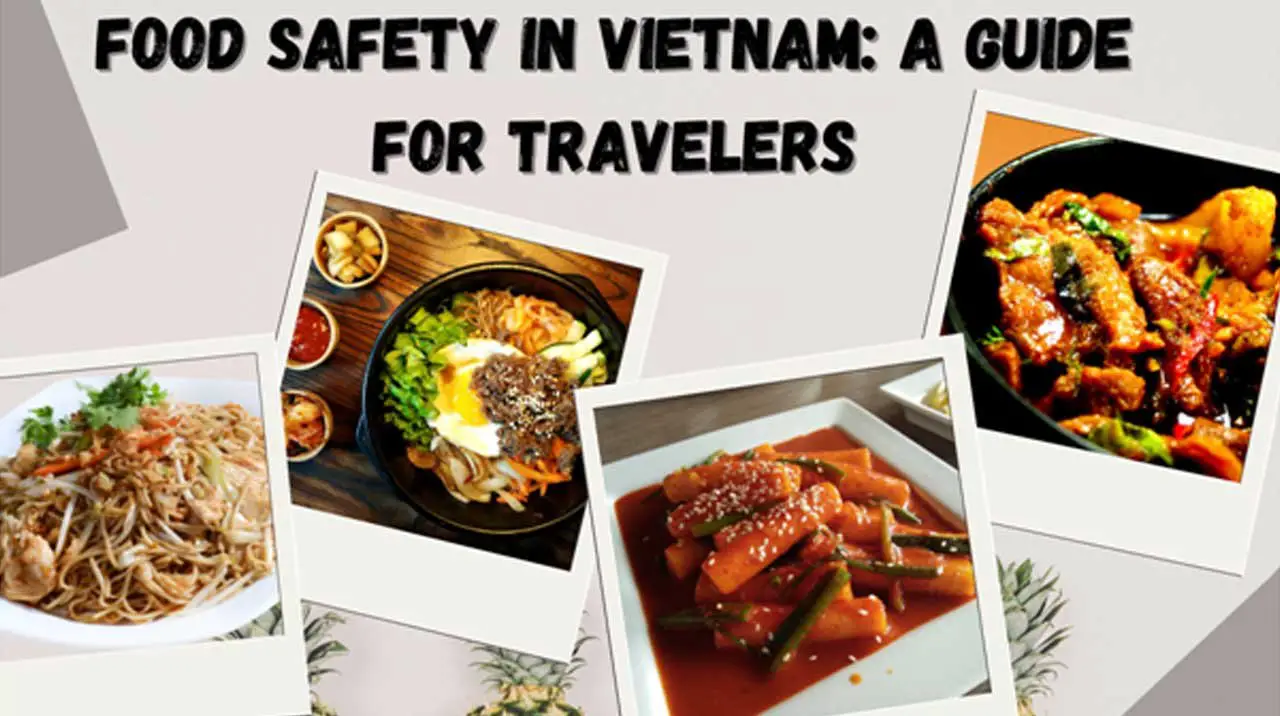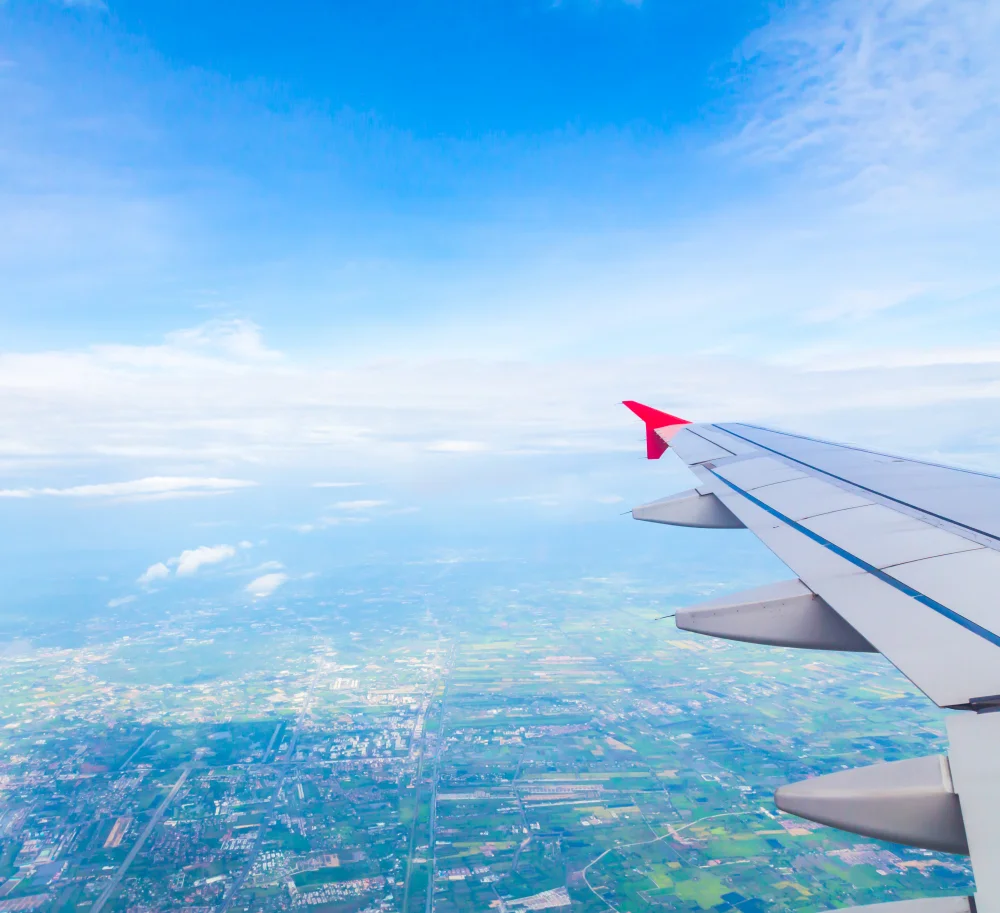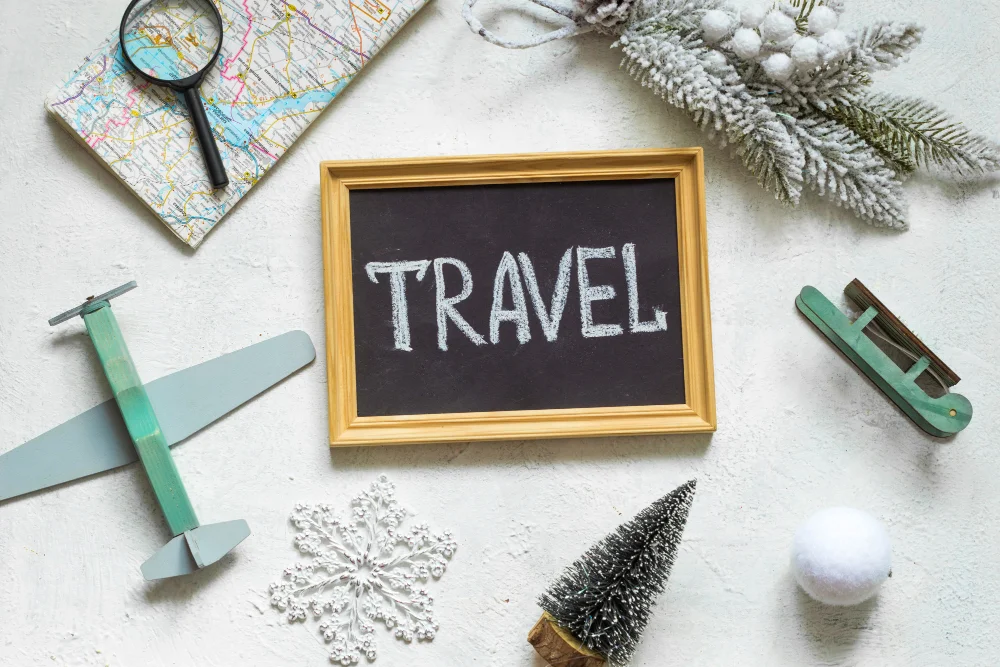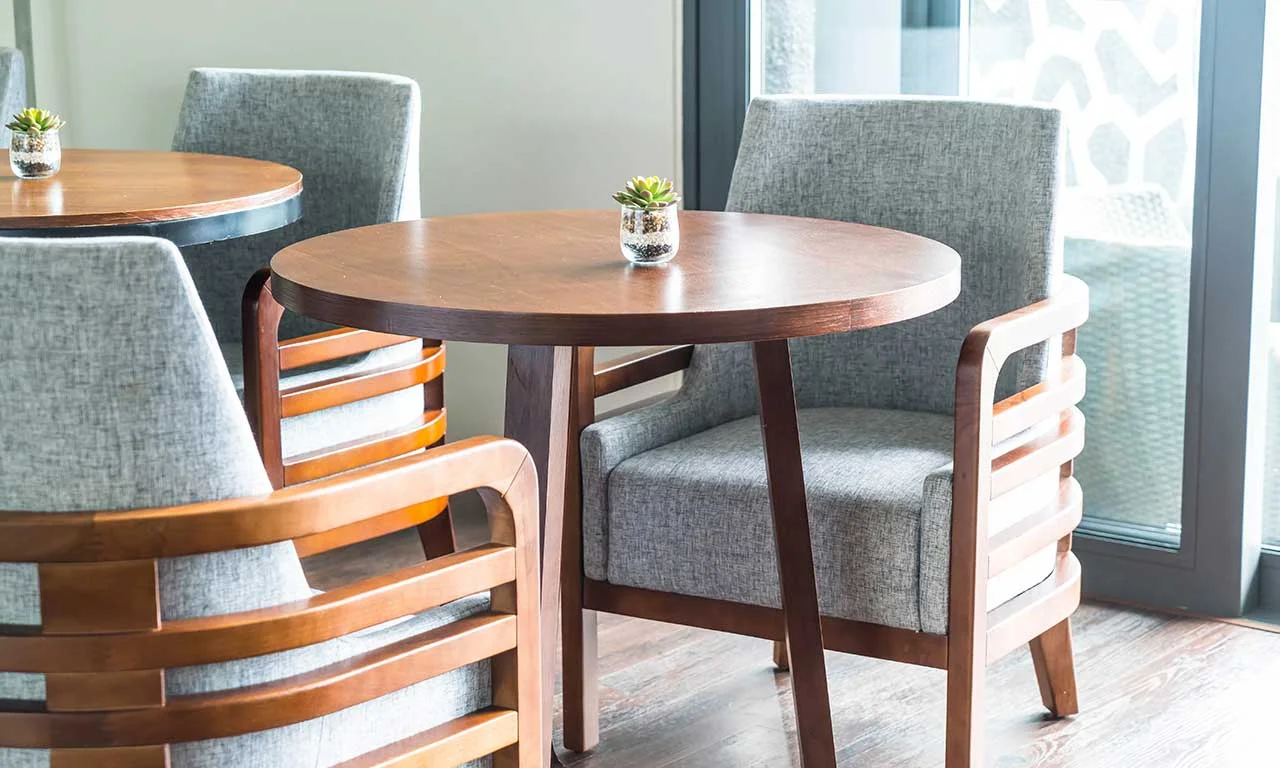Don’t let food safety spoil your Vietnam trip. Discover how to eat like a local and stay healthy. Follow these simple and practical tips for food safety in Vietnam.
Vietnam is a foodie’s paradise, with a wide range of dishes reflecting the country’s rich and diverse culture. From the fragrant phở soup to the crispy bánh xèo pancakes, Vietnamese cuisine caters to every taste and preference. However, as a traveler, you may have some concerns about the safety of the food you eat in Vietnam.
How can you avoid getting sick from contaminated or spoiled food? What are the most common foodborne illnesses, and how can you avoid them? And where can you get reliable and up-to-date information on food safety issues in Vietnam? In this article, we will answer these questions and provide you with some practical tips on how to enjoy Vietnam’s food culture with caution and common sense.
1. Common foodborne illnesses and how to prevent them
When you plan holidays to vietnam, you may face some foodborne illnesses that can ruin your trip. These are caused by consuming food or water that is contaminated with harmful microorganisms or toxins. Some of the common ones are bacterial diarrhea, hepatitis A, and typhoid fever. To prevent getting sick, you should practice good hygiene and sanitation, drink only bottled or boiled water, peel or wash fruits and vegetables before eating them, and only eat meat and seafood that is well-cooked and hot.
You should also get vaccinated against hepatitis A and typhoid fever before traveling to Vietnam, and use insect repellent and wear long-sleeved clothing when outdoors to protect yourself from mosquito-borne diseases. If you experience any symptoms of foodborne illness, such as diarrhea, vomiting, fever, or abdominal pain, you should seek medical help as soon as possible.
2. Tips for choosing safe and delicious street food
One of the best ways to explore the culture and cuisine of Vietnam is to try street food. You can find a range of dishes, from noodles and rice to sandwiches and salads, that are cheap, fresh, and tasty. However, not all street food stalls are safe to eat at, and you may get food poisoning if you are not careful. Here are some tips on how to choose safe and delicious street food in Vietnam:
- Avoid stalls that are close to garbage dumps, sewers, or open drains. These can attract flies and rodents that can carry diseases.
- Check the hygiene and cleanliness of the stall and the vendor. Look for signs of washing utensils, using gloves or tongs, covering food with lids or nets, and disposing of waste properly.
- Choose cooked food over raw food. Cooked food is safer because it kills most of the harmful microorganisms that can cause illness. Raw food, such as salads, or seafood, may be contaminated with bacteria, parasites, or pesticides. Although many sushi restaurants will prepare the fish properly, it is not worth the risk if you are only here for a short time. You can try them in countries with a higher standard of hygiene in Asia such as Japan, Korea, etc. Even eating salads and raw vegetables is not the best idea. Adding raw herbs to your hot phở is usually fine but again, you will have to use your judgment.
- Ask for your food to be cooked or reheated in front of you. This makes sure that the food is hot and fresh and reduces the risk of cross-contamination from other foods or utensils. soup-like dishes are common in Vietnamese cuisine so there is a lot of opportunity to contract some sort of illness. Make sure that the bowl of phở that you order is piping hot!
- Drink only bottled water or hot drinks. Tap water in Vietnam may not be safe to drink, and may contain harmful microorganisms or chemicals. Bottled water or hot drinks such as tea or coffee are safer options. Avoid ice cubes unless you are sure they are made from purified water.
- Clean your cutlery. The air quality in some cities is pretty bad, and the dust settles on objects quickly because of it. You don’t need to give a deep cleaning to every chopstick or spoon you use for your meal, but it’s a good idea to give each of them a quick wipe with a napkin from the table in order to get rid of any dust on it.
- Be cautious of fruit – eat fruits that have an inedible skin (i.e. bananas, oranges, watermelon, etc.) and avoid fruits like apples and grapes.
- Choose street food vendors wisely. A lot of travelers ask about street food in Vietnam. Is it safe to eat? The answer is yes, but only if you use caution and common sense to suss out safe street food vendors. Here are a few things to consider before you decide to eat at a street food stall:
- The turnover and volume at the street stall is an important consideration. The more people who frequent a stall, the fresher the food will be. A lot of these stalls do not have a means for refrigeration so they seldom prepare food ahead of time.
- You can also observe the hygiene at the street stall you are considering. Is the stall clean and tidy? Are the utensils washed properly? Are the ingredients covered or exposed? Are there flies or other insects around? If you see any red flags, move on to another stall.
- Follow the locals. If you see a lot of locals eating at a certain stall, chances are it is safe and tasty. You can also ask your hotel staff or tour guide for recommendations on where to find good street food.
By following these tips, you can enjoy street food in Vietnam without worrying about getting sick. Street food is a great way to explore the local flavors and traditions of Vietnam, and you should not miss this opportunity when traveling there.
3. How to handle food allergies and dietary restrictions
If you have food allergies or dietary restrictions, you may face some challenges when traveling to Vietnam. Food allergies are not very common in Vietnam, and many people may not be aware of them or understand how serious they can be³. Dietary restrictions, such as vegetarianism or veganism, may also be difficult to follow in a country where meat and fish are widely consumed. However, this does not mean that you cannot enjoy the food in Vietnam. Here are some tips to help you handle food allergies and dietary restrictions:
- Learn some Vietnamese words and phrases related to your food allergy or restriction. For example, “Tôi bị dị ứng với…” means “I am allergic to…”, and “Tôi không ăn…” means “I do not eat…”. You can also use a translation app or a card with your food allergy or restriction written in Vietnamese to show to the staff or vendor.
- Avoid foods that may contain your allergen or restricted ingredient. For example, if you are allergic to peanuts, you should avoid dishes that contain peanut sauce, such as bún chả or gỏi cuốn, or desserts that contain crushed peanuts, such as chè. If you are vegetarian or vegan, you should avoid dishes with meat broth, such as phở or bún bò Huế, or fish sauce, such as nước mắm.
- Ask for your food to be prepared separately from other foods that may contain your allergen or restricted ingredient. For example, you can ask for your rice or noodles to be cooked in a separate pot or pan, or for your vegetables to be stir-fried without meat or fish. You can also ask for your food to be served without sauce or dressing, and add your own condiments later.
- Bring your own snacks and medications. You may not always find suitable food options for your allergy or restriction, especially in rural areas or remote places. Therefore, it is a good idea to bring some snacks that you can eat safely, such as dried fruits, nuts, granola bars, or crackers. You should also bring your own medications, such as antihistamines or epinephrine, in case of an allergic reaction.
- Be flexible and adventurous. While you should be careful about what you eat, you should also try to enjoy the food culture of Vietnam as much as possible. You may discover some dishes that suit your allergy or restriction, such as bánh xèo (crispy rice flour pancakes with bean sprouts and herbs), bánh mì chay (vegetarian sandwich with tofu and vegetables), or cơm tấm (broken rice with grilled pork and egg). You may also find some restaurants or stalls that cater to your needs, such as vegetarian restaurants, vegan cafes, or gluten-free bakeries.
By following these tips, you can handle food allergies and dietary restrictions in Vietnam without missing out on the delicious and diverse cuisine of this country.
4. What to do if you get sick from food in Vietnam
Despite your best efforts, you may still get sick from food in Vietnam. This can happen due to various reasons, such as eating contaminated food, drinking unsafe water, or having a sensitive stomach. If you experience symptoms such as diarrhea, vomiting, fever, or abdominal pain, you should not ignore them and seek medical attention as soon as possible. Here are some steps to take if you get sick from food in Vietnam:
Stay hydrated. Losing fluids and electrolytes due to diarrhea or vomiting can lead to dehydration, which can worsen your condition and cause complications. Drink plenty of water or oral rehydration solutions (ORS) that contain salt and sugar to replace what you have lost. You can buy ORS packets at pharmacies or convenience stores, or make your own by mixing 6 teaspoons of sugar and 1/2 teaspoon of salt in 1 liter of boiled or bottled water.
- Eat bland and easy-to-digest foods. Avoid spicy, greasy, or dairy foods that can irritate your stomach or intestines. Eat small and frequent meals that consist of foods such as rice, bananas, toast, crackers, or soup. You can also eat yogurt that contains probiotics to help restore the balance of good bacteria in your gut.
- Take over-the-counter medications. You can take anti-diarrheal drugs such as loperamide or bismuth subsalicylate to reduce the frequency and severity of your diarrhea. However, you should not take them if you have a fever or bloody stools, as they may mask the symptoms of a more serious infection. You can also take painkillers such as paracetamol or ibuprofen to relieve your fever or abdominal pain.
- Seek medical help. If your symptoms are severe or do not improve within a few days, you should see a doctor as soon as possible. You may have a bacterial or parasitic infection that requires antibiotics or antiparasitic drugs. You may also need to get tested for other diseases such as typhoid fever, hepatitis A, or malaria that can cause similar symptoms.
- Prevent further infection. To avoid spreading your illness to others or getting reinfected yourself, you should practice good hygiene and sanitation. Wash your hands with soap and water before eating and after using the toilet, avoid sharing utensils or cups with others, and dispose of your waste properly. You should also avoid eating raw or undercooked food until you are fully recovered.
Getting sick from food in Vietnam can be unpleasant and inconvenient, but it is usually not life-threatening. By following these steps, you can recover quickly and safely, and resume your travel plans with confidence.
5. Where can you find reliable and updated information on food safety in Vietnam?
Travelers can find reliable and updated information on food safety in Vietnam from various sources, such as the World Health Organization (WHO), the World Bank, the Ministry of Health and the Vietnam Food Administration. But don’t just rely on online sources. You can also seek guidance from your travel agents, hotels, restaurants and local friends on how to choose safe and healthy food in Vietnam. And don’t forget to check out some of the awesome blogs and vlogs by other travelers who have explored the food scene in Vietnam.
By following these tips and using these resources, you can enjoy the food culture of Vietnam with caution and common sense. Remember, food is an essential part of any travel experience, so don’t let fear stop you from trying new things. Just be careful and have fun! If you are looking for a travel agency that can help you plan your perfect trip to Vietnam, Cambodia tours, holidays to laos and other indochina tours., look no further than Threeland Travel. Contact us today and let Threeland be your best local friend in Vietnam!


















